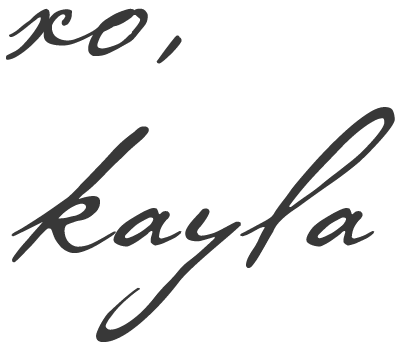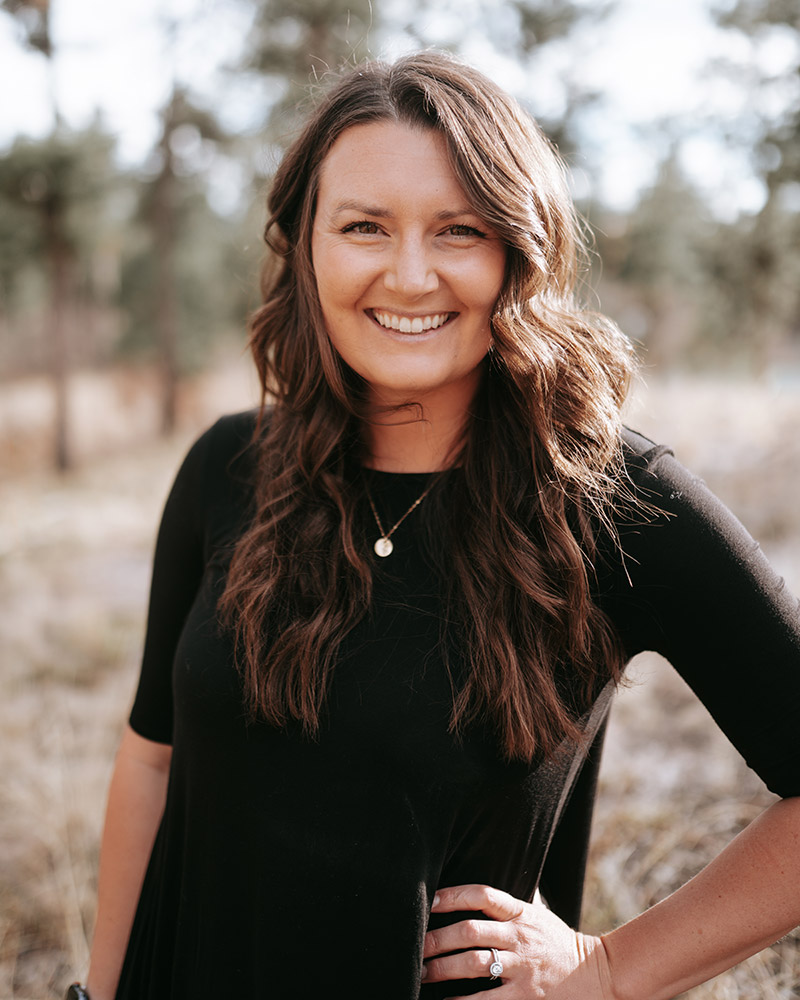
You could re-title this article: Fear vs. Freedom, Cheap Zone vs. Free Zone, or Long-term vs. Short Term
In terms of economics, risk refers to the likelihood that a person will lose money on an investment. An investment is the purchase of an asset for the purpose of earning money. Generally, it is true that the greater risk a person takes, the greater the reward he or she will receive if the investment makes money. On the other hand, if an investor only takes a small risk, they are likely to only earn a small reward. This principle is called the risk reward trade off.
What about the risk vs reward of investing in yourself as a small business owner?
- Fear says: New Technology is so scary – Freedom says: Take a class to learn about it and get comfortable with it.
- Fear says: Making business connections is really hard –Freedom says: Asking one person to coffee is really easy especially as things are starting to open back up.
- Fear says: Building regular content is challenging and can be scary — Freedom says: I’m going to start small with either a week or two weeks worth of content or making a content plan for 30 days.
- Fear says: Paying taxes is too hard –Freedom says: I’m hiring a CPA to help!
- Fear says: Client Management on my own is tough– Freedom says: I’m researching and investing in a helpful system.
- Fear says: I’m overwhelmed by product inventory — Freedoms says: I’m looking at what is actually selling and scaling back to focus on doing a few things WELL.
- Fear says: Finances are scary –Freedom says: I’m finding a financial planner or mentor.
- Fear says: This is crazy! I have a lack of consistent income — Freedom says: I have patience and faith. I’m just going to roll up my sleeves and get to work!
When you live in fear, you limit yourself.
Maplewild marketing
And in turn, you limit your business.
The following comments are all things I’ve heard people say:
- I won’t do that.
- That’s not something I’m willing to do.
- That’s fine for your business but not for mine.
- I can’t see myself doing that.
If you fail – so WHAT? You at least tried it and you didn’t put yourself at a disadvantage because you weren’t willing to take a risk.
What is the biggest risk? Investing money in things that will help your business GROW. Spending money on your business is not a waste of money.
- To invest literally means: to spend money with the expectation of achieving a profit/material result. If you aren’t invested then your business will suffer – which means you can expect more fear, doubt, anxiety and stress.
- Skating by in the “cheap zone” or the “free zone” isn’t going to give your business the long-term momentum it needs to survive.
- Quality work is not cheap and cheap work isn’t quality.

Here’s what you can do to skip the “fear column” and to get invested in your company.
- Save up for things that are expensive, or make a plan to.
There are a lot of amazing resources on how to make a budget, how to stick to a budget and how to make sure your budget is going to to work with you for the year. If you don’t have a budget, you’re going to miss out on things that could potentially give life and vitality back to your business. Costs on things like advertising or getting in a magazine or a newspaper, or making sure that you have money to invest back into a camera or back into a professional photographer or into a website designer all add up and you need a plan to save for them.
2. Pay yourself first before you pay your bills.
If you want your business to grow and maintain a good growth pace, you need to pay yourself first so you can invest in your savings plan for your business even if it’s only thirty percent of the profits from the month.
3. Don’t spend your money on software or items that you will have to replace in a year.
Do your research and invest in quality. Cheap isn’t quality and quality isn’t cheap. I’ll say that again:
Quality work is not cheap and cheap work isn’t quality.
Maplewild Marketing
4. Be wary of who you let into your business and who you pay for services so you don’t have to hire someone else to clean up their mistakes.
Make sure they are qualified. Fully check out all of their services and talk with them to make sure they will be a good fit for your company. Save your money, time, and energy to find somebody, even if it takes you a little longer, who is going to add value back to your business and give you the best possible product for the price you are paying which should be at fair market value.
5. Whatever you don’t know – start learning.
There are free resources available on the web for you to access and gain from. The things that are scary to you will seem a lot less scary if you start to learn more about them and just apply one at a time. Living in freedom versus fear is all about breaking those limiting beliefs you have about yourself. If you think, “I don’t know anything about that…” just remember, you can learn and set yourself on a course to take action to find out about what you do not know so you can apply it for your success.



To sum things up:
You are never too old to learn new things. Skip that fear column and get invested in your company. This will not happen overnight. You will not suddenly eliminate fear or doubting or anxiety when it comes to your business. What it does mean is that you scratch those limiting beliefs and you start to look at your business in a new light asking yourself introspective questions about how you can get better invested in what it is that you are doing. I guarantee you, if you do those things, your business is going to keep pace and keep growing, and you are going to notice results that you have never seen.

share this post

About Kayla
Kayla's expertise lies in small business marketing. She understands that every small business has its own story to tell, and her passion is in helping them discover and amplify that narrative. Her knack for understanding the unique challenges faced by small enterprises and her ability to craft tailored marketing strategies set her on the path to becoming a sought-after marketing consultant. With a keen eye for detail and a results-oriented approach, Kayla has helped numerous small businesses establish a strong online presence and drive growth.




